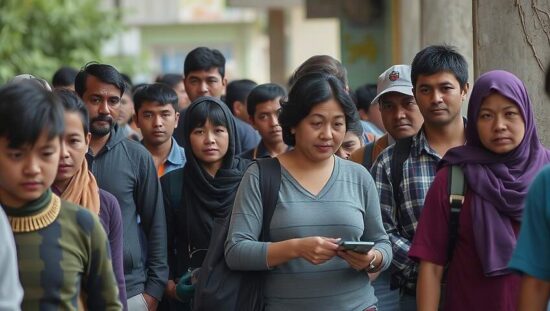The Green Party’s leadership is proposing a novel approach to bolstering Germany’s defense capabilities and addressing growing intergenerational tensions – a voluntary registry for older citizens willing to contribute specialized skills in a crisis. Green Party leader Franziska Brantner outlined the concept in an interview with Funke-Mediengruppe newspapers, envisioning a system that proactively identifies individuals possessing crucial capabilities beyond traditional military service.
Brantner’s proposal extends beyond the conventional focus on younger recruits undertaking military conscription, emphasizing the need for expertise in fields like drone programming, logistics and mass food preparation. The intention is to tap into the experience of older generations, offering them a formalized avenue to contribute their skills should a heightened security situation arise.
The initiative is interwoven with a broader critique of current government policy and a demand for a revised “generational contract”. Brantner specifically criticized what she perceived as a consistent trend of policies disadvantageous to younger generations, arguing that the governing coalition appears to operate under the assumption that younger demographics will vote for them regardless of their policy choices.
This sentiment directly connects to the ongoing debate surrounding pension reform. While Brantner acknowledged the necessity of preventing poverty among retirees, she firmly asserted that this should not be achieved at the expense of future generations. She advocated for a supplementary, capital-backed element – a “citizen’s fund” – to supplement current pension systems, noting the increasingly precarious demographic balance where younger individuals will be shouldering a disproportionate burden.
“All generations must contribute their fair share” Brantner stated, highlighting the urgent need to re-evaluate existing frameworks and ensure the interests of younger citizens aren’t overshadowed within German society. The proposal aims to foster a more equitable distribution of responsibility and alleviate the growing sense of disenfranchisement felt by younger demographics.





